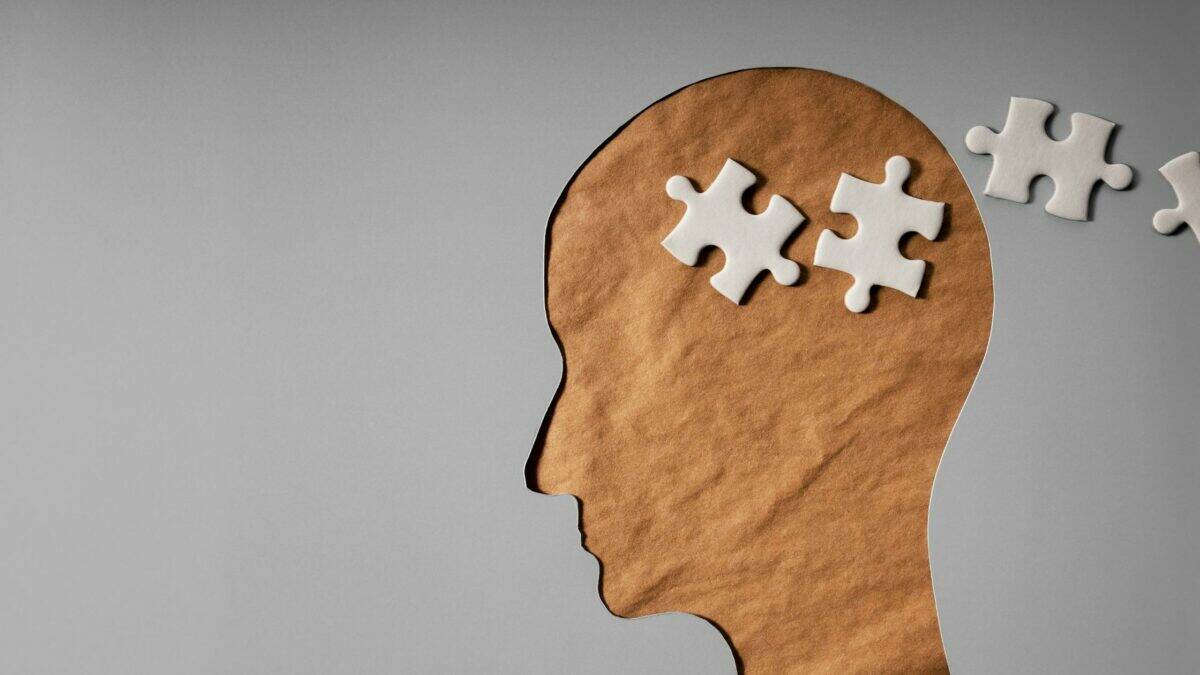We have known for some time that there is a connection between hearing loss and dementia. A variety of different studies have shown that those who have untreated hearing loss are more likely to develop dementia than their counterparts who do not have hearing loss. As well, those who have untreated hearing loss tend to have a faster rate of cognitive decline once dementia sets in. Most of these past studies have compared those who have hearing loss with those who do not, and some have emphasized the importance of hearing aids as a possible way to prevent dementia. A new study, however, gives us solid evidence that hearing aids work! This study took a group of people with hearing loss and compared those who did and did not wear hearing aids. The results come as a huge relief for those who are wearing hearing aids to treat their hearing loss. Those who have not yet received hearing aids can add this study to the long list of reasons to pursue treatment right away. Let’s take a closer look at the study to understand just how important hearing aids can be for your cognitive health and functioning.
The Study
This study, conducted by scholars at Ulster University and the University of Oxford as well as Fujian Medical University Union Hospital in China, took a large data set of 2,114 hearing-impaired patients from the National Alzheimer’s Coordinating Center. With this data in hand, they were able to compare those who used hearing aids to treat their hearing loss with those who did not use hearing aids. They were able to use statistical analyses to determine if there was a significant difference between these two groups. A significance test is used to show if the apparent differences between the groups are random or if they are due to a relationship with a certain factor, in this case wearing hearing aids. The results were striking. Those who wore hearing aids were significantly less likely to develop dementia than their counterparts who did not wear hearing aids. Although this relationship was clear in the study, the researchers were careful to note that more research is necessary to determine if hearing aids were the cause of a lower risk of dementia. It is possible that another unobserved third factor was responsible for the relationship. With this caveat in mind, this study is promising evidence for the effectiveness of hearing aids to improve cognitive health and functioning among seniors.
The Interpretation
Why would hearing aids help prevent dementia? Although it seems to be unrelated, wearing hearing aids improves communication and makes it easier to understand what others are saying. Language comprehension is an important part of our cognitive wellbeing, and experts even compare the brain to muscles that require “exercise.” When we are hearing others speak and improvising our responses, we can stay cognitively sharp and agile. On the contrary, untreated hearing loss can make some people check out on conversations and drift into a dream world. Without the challenge of understanding speech and coming up with appropriate responses, the brain can suffer. Brain imaging has even shown differences between those who have hearing loss and those who do not in parts of the brain that are not related to hearing, including the frontal cortex that is responsible for advanced comprehension. This supporting evidence provides even more basis for the connection between hearing loss, dementia, and the value of treatment.
Getting Treatment
If you have untreated hearing loss, this research can provide the necessary encouragement to get the support you need right away. The sooner you get hearing aids and put them into use, the better prepared you will be for cognitive wellbeing in the senior years. Although dementia is not certain for those who have untreated hearing loss, it is more likely than those who wear hearing aids. This new information is yet another reason not to delay getting a hearing test. When you have the test, our hearing health professionals will be able to recommend the right hearing aids for your individual needs. Don’t put off getting a hearing test any longer!

